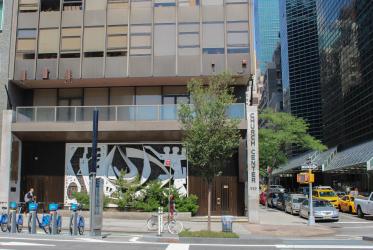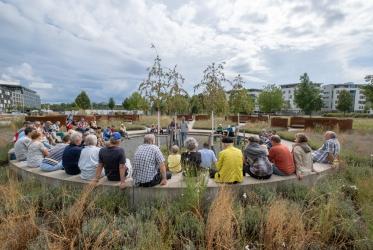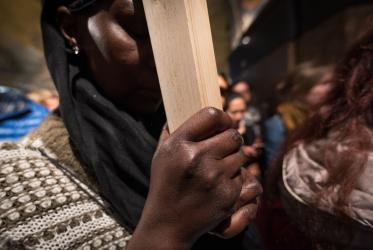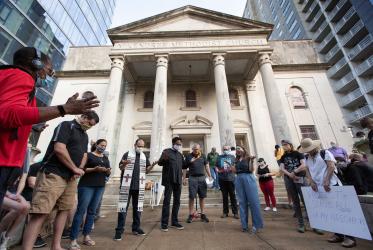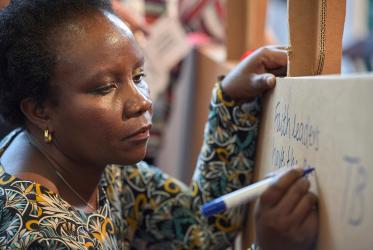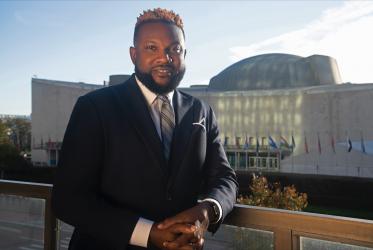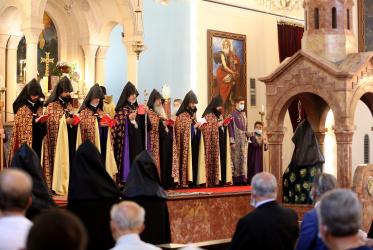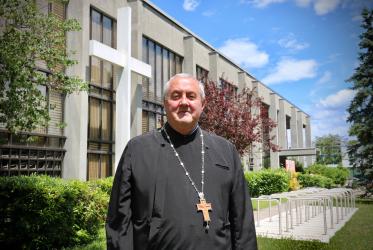Displaying 1 - 20 of 24
In New York City, the spirit of Thursdays in Black is thriving
06 October 2022
Workshop explores how interreligious dialogue brings trust and respect
15 September 2022
Ukraine: Responding to humanitarian need
08 September 2022
How do churches address racism, really?
15 February 2022
Wrestling with the racial pandemic
15 February 2022
WCC leaders recall life-changing experiences from early days
10 February 2022


